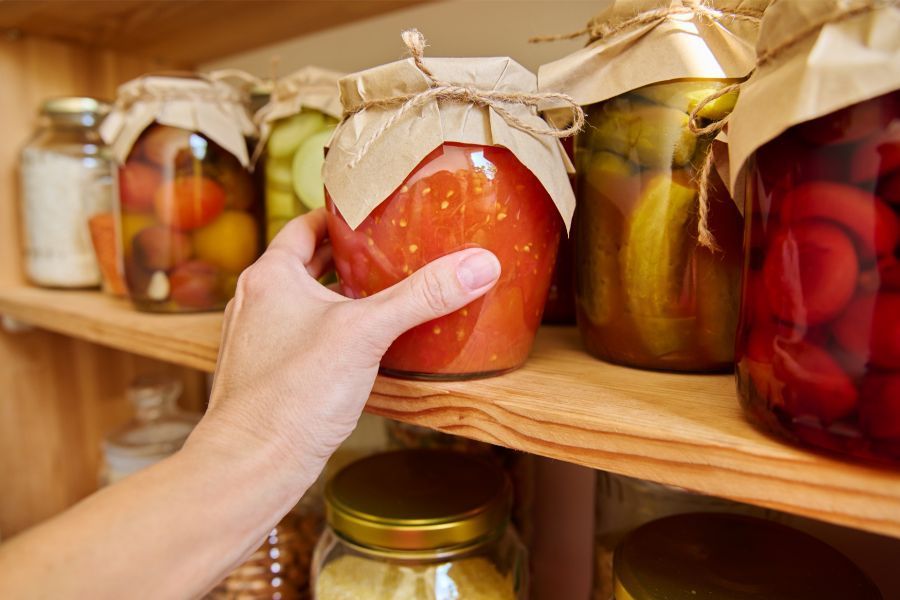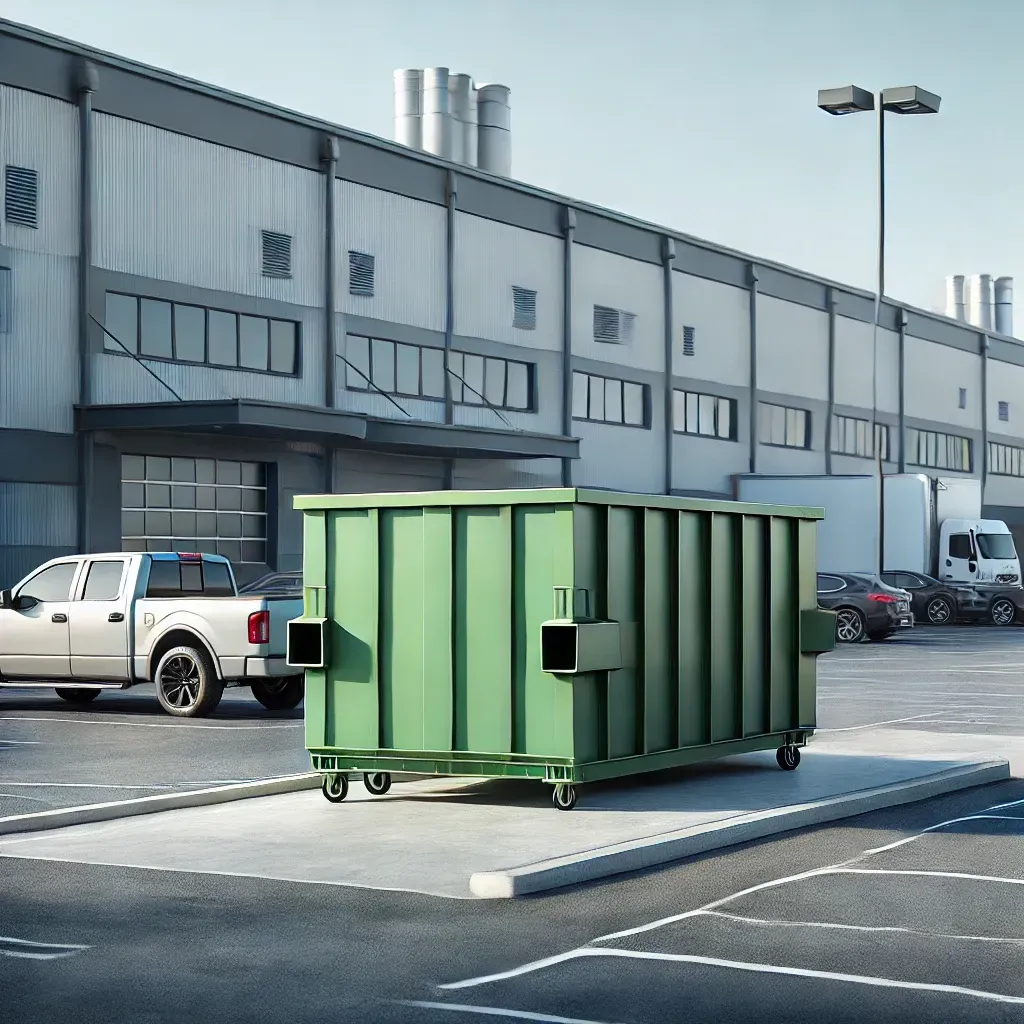The Art of Food Rotation: Reducing Restaurant Food Waste
In today's world, where we're increasingly concerned about the environment, restaurants play a crucial role in reducing food waste. But how can they do it? One effective but often overlooked solution is food rotation. It not only keeps food safe but also cuts down on waste, benefiting both restaurants and the planet.
When we think about the massive amount of food that gets wasted daily, it's a startling reality that must be addressed. The service industry, particularly restaurants, contributes significantly to this issue. So, how can restaurants reduce their food waste and contribute to a more sustainable future?
The answer lies in embracing the art of food rotation. This practice not only ensures food safety but also reduces unnecessary waste, making it a win-win for both the business and the environment.
Restaurant Waste: Understanding Food Rotation: What is it? What is FIFO?

Let's start with the basics. Food rotation, also known as First-In, First-Out (FiFo), is a system that helps restaurants manage their inventory. It ensures that older food gets used before newer items. This involves smart organization in the kitchen and storage areas to prevent food spoilage and minimize waste.
- First-In, First-Out (FiFo): This is the core concept. It means using the items that entered storage first before the newer ones. It's a vital principle for reducing food waste in restaurants.
- Labeling and Dating: Food rotation relies on correctly labeling and dating all items. Each item should have a clear arrival date. This makes it easy to see which items need to be used first.
- Storage Organization: In the storage area, older items should be in front or on top of newer ones. This makes it easy for kitchen staff to access the older items first.
- Regular Inspection: Regularly checking inventory is essential to identify items nearing their expiration dates. These items should be used first in meal preparation.
Food rotation helps reduce food waste by ensuring that food doesn't sit on shelves for too long. This benefits restaurant finances and promotes responsible restaurant waste disposal.
The Importance of Food Rotation in Restaurant Waste Management
Now that we understand what food rotation is, let's explore why it's so important for restaurants. It goes beyond reducing food waste and offers various benefits that can positively impact your business.
- Enhanced Food Safety: Food rotation is vital for ensuring food safety. Using older items first reduces the risk of serving expired or spoiled food.
- Cost Savings: By reducing food waste, restaurants can save a significant amount of money. Less food waste means fewer supplies need to be ordered, leading to financial savings.
- Improved Menu Planning: Food rotation encourages better menu planning. Chefs can create menus around ingredients that need to be used promptly, fostering creativity in the kitchen.
- Customer Satisfaction: With fresher ingredients and a more efficient kitchen, customers enjoy an enhanced dining experience. Satisfied diners are more likely to become repeat customers.
- Eco-Friendly Practices: Embracing food rotation is a step toward a more sustainable and eco-friendly restaurant. It aligns with the global call for responsible restaurant waste disposal.
Integrating food rotation into your restaurant's daily operations is a small change with significant benefits. It's not just about reducing food waste; it's a holistic approach that improves food quality, customer satisfaction, and the environment.
Conclusion
As restaurants aim to reduce their environmental impact and save on operational costs, food rotation stands out as a powerful strategy. This method, often represented by the FiFo principle, ensures that older ingredients are used before fresher ones, cutting down on food waste. The importance of food rotation extends beyond waste reduction; it encompasses food safety, cost savings, menu planning, and customer satisfaction.
Ultimately, a restaurant that excels at food rotation embraces eco-friendly practices. By effectively managing their inventory and practicing responsible restaurant waste disposal, establishments contribute to a healthier planet while enjoying improved financial stability and satisfied customers. As the culinary world evolves, remember that reducing food waste is not only an ethical choice but a smart and sustainable one for restaurants of all sizes.












